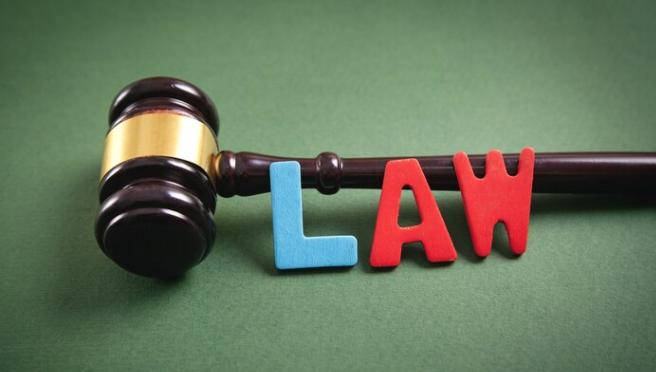Dealing with problems at work can be tough, but knowing your rights and understanding the laws that protect you can make a big difference. There are laws in place to protect employees from unfair treatment and ensure a safe working environment.
These laws cover various aspects such as wages, discrimination, harassment, wrongful termination, and more. Understanding these laws is crucial for knowing your rights and seeking legal help when needed. In this discussion, you will learn all the details about these laws and how to deal with workplace issues.
5 Ways to Deal with Workplace Issues Legally
1. Discrimination
If you believe you’re treated unfairly because of your race, gender, age, disability, or other protected characteristics, you can file a discrimination complaint. Document incidents, report to HR, and consider consulting with an employment lawyer or discrimination law firm to guide you through legal steps.
2. Harassment
Harassment at work can create a hostile environment. Keep records of incidents, report to HR or your supervisor, and seek legal advice to protect your rights if the issue persists.
3. Wage and Hour Disputes
If you’re not paid correctly for hours worked, overtime, or other entitlements, gather pay stubs and records, discuss with HR or management, and consult an employment lawyer to recover unpaid wages.
4. Wrongful Termination
If you’re fired illegally due to discrimination, retaliation, or without proper notice, seek legal help to challenge the termination and seek compensation.
5. Unsafe Working Conditions
Employers must provide a safe workplace. They must report hazards to management or OSHA, keep records, and consult an attorney if safety concerns still need to be addressed.
How Discrimination Law Firms Can Help Employees
Discrimination law firms specialize in protecting employees’ rights and fighting against workplace discrimination. Here’s how they can assist:
1. Legal Expertise
Discrimination lawyers know employment laws and can assess your situation to determine if discrimination has occurred. They understand the nuances of discrimination law and can provide expert advice tailored to your case.
It’s important to note that the primary anti-discrimination law is California’s Fair Employment and Housing Act (FEHA), which protects employees from unfair treatment based on race, gender, disability, age, and other characteristics. This law is one of the strongest in the U.S. and ensures that workers have the right to a fair and equitable workplace. Understanding how this law applies to your situation can be a critical step in addressing workplace issues.
2. Filing Complaints
One of the primary roles of discrimination law firms is helping employees file discrimination complaints. They guide you through submitting complaints to government agencies such as the Equal Employment Opportunity Commission, ensuring all necessary paperwork is completed accurately and on time.
3. Negotiation and Litigation
Discrimination lawyers are skilled negotiators and litigators. They advocate for fair treatment and seek compensation for victims of discrimination through negotiation with employers or litigation in court. Their goal is to achieve a resolution that addresses the harm caused by discrimination.
4. Educating Employees
Discrimination law firms also play a crucial role in educating employees about their rights. They provide information on what constitutes discrimination under the law, how to recognize discriminatory practices in the workplace, and steps individuals can take to protect themselves from discrimination.
Final wording
Understanding your rights and navigating legal avenues is essential when facing workplace issues. With the support of employment laws and discrimination law firms, employees can address problems effectively, protect their rights, and strive for fair treatment in the workplace.

